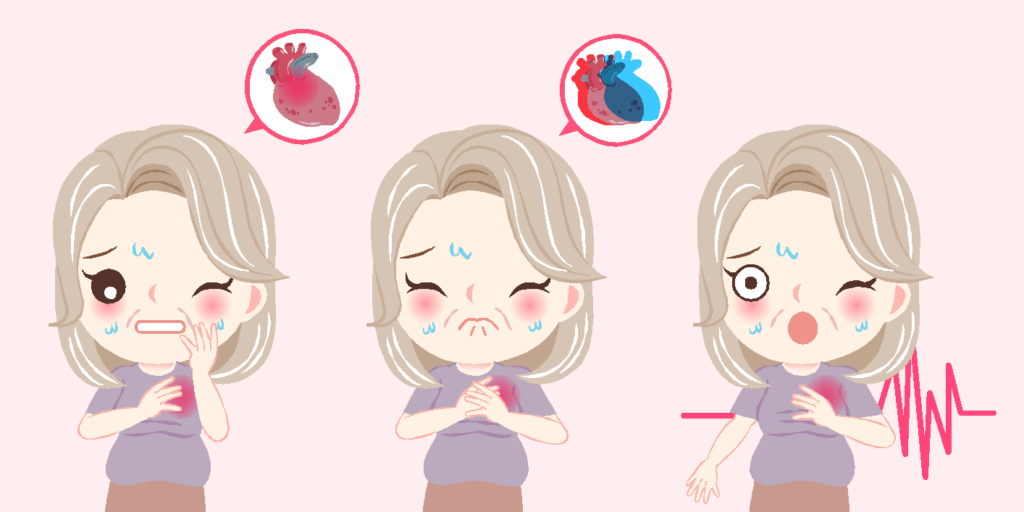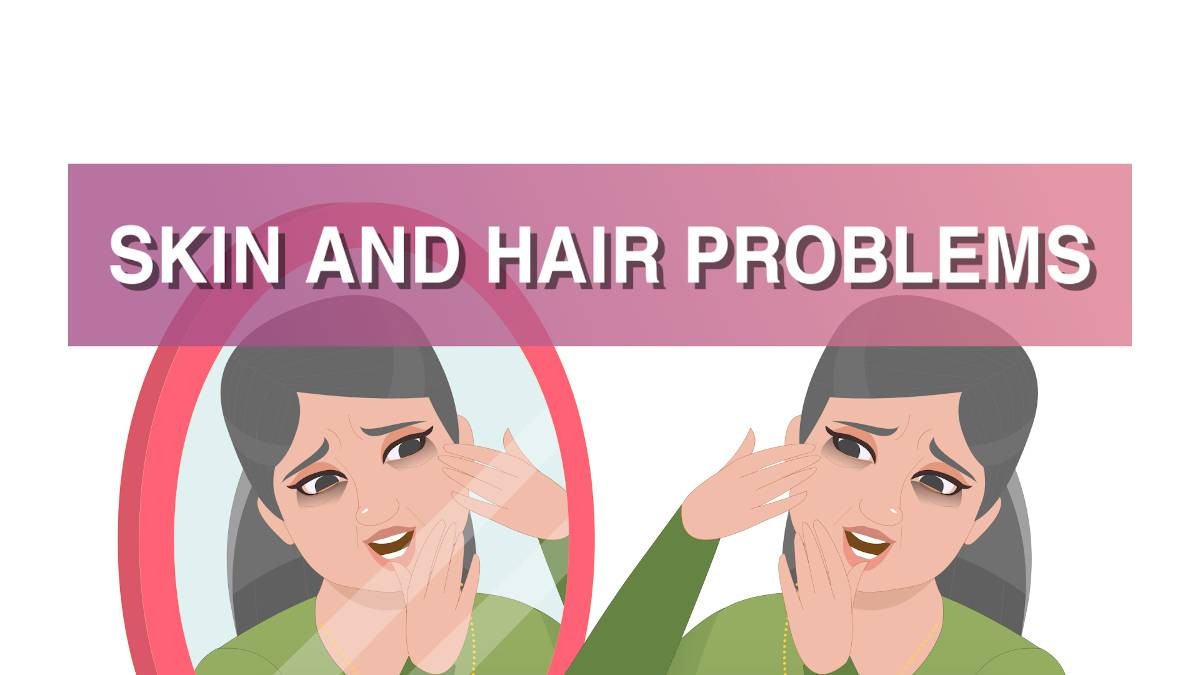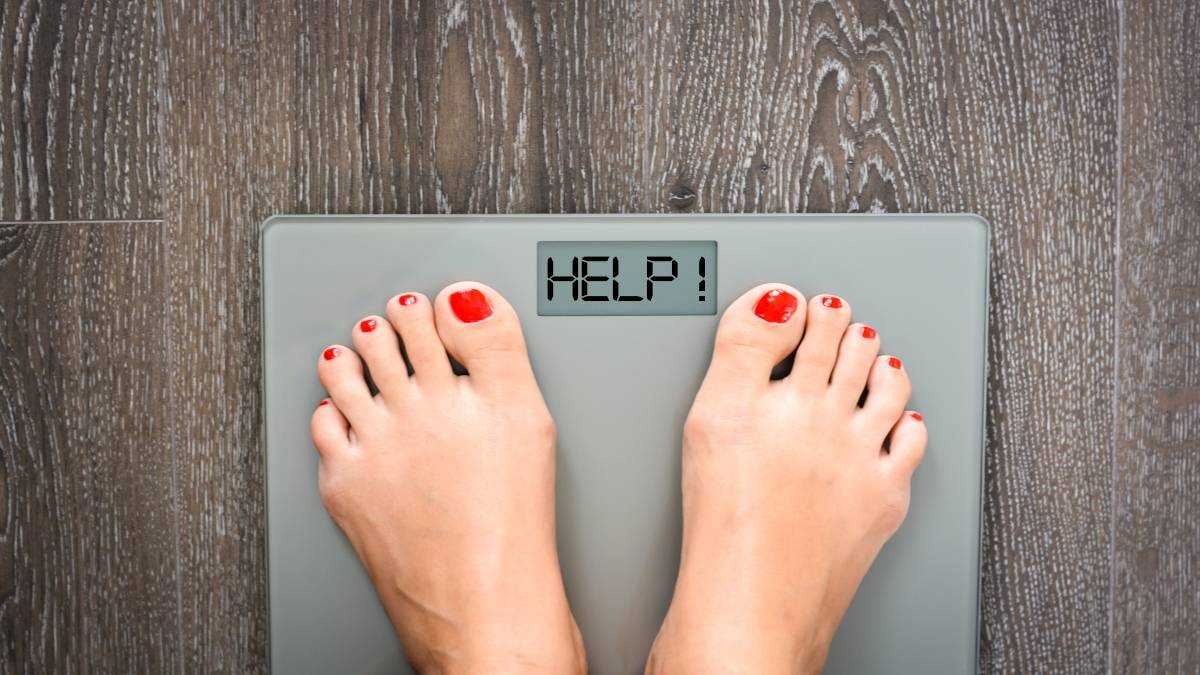Though temporary, irregular heartbeat can be uncomfortable and may cause anxiety if they happen too frequently.

What are irregular heartbeats during menopause?
Medically known as ‘arrhythmia,’ irregular heartbeats are those heartbeats that suddenly become noticeable due to the irregular nature in which they occur. In such a type of heartbeat, the heart may race, flutter, pound, or just beat irregularly. This condition will last merely a few seconds or at the most a minute. They are mostly harmless and will subside on their own without pointing towards any serious problem or chronic conditions. However, it is best if you consult a doctor to rule out any health repercussions.
What causes irregular heartbeat during menopause?
A very common symptom noticed during perimenopause, heart palpitations occur due to the lower levels of the hormone estrogen that causes overstimulation of the heart. This fall in hormone levels can cause both increases in the heart rate and heart palpitations.
Causes of irregular heartbeat during menopause
The following reasons may give rise to irregular heartbeats during menopause.
- Dehydration
- Hormonal changes
- Nicotine consumption
- Alcohol consumption
- Caffeine consumption
- Stress
- Processed meat consumption
- Low blood sugar level
- Heart valve problems
- Thyroid problems
- Depression or a history of depression
What to avoid doing to prevent irregular heartbeat during menopause?
To keep your heartbeat in check, you should avoid feeling stressed and reduce or quit the consumption of alcohol, nicotine, and soda. If you are on any diet pills, you should stop taking them on consultation with a trained medical professional.
What to do to overcome irregular heartbeat during menopause?
Heart palpitations can make you feel worked up and breathless. Do not panic, take a deep breath, and let the moment pass. If you are engaged in physical activity at the time, immediately stop and sit down or lie down and take deep breaths. Irregular heartbeats experienced by menopausal women are usually treated naturally. The doctor may give you guidelines to follow and suggest some dietary and lifestyle changes. In some cases, the doctor may ask you to undergo certain tests to check for your heart health and rule out any complications.
Though a little uncomfortable and concerning, irregular heartbeats are also a part of aging. Focusing on your breathing when you have them is the best way to let them subside normally.










